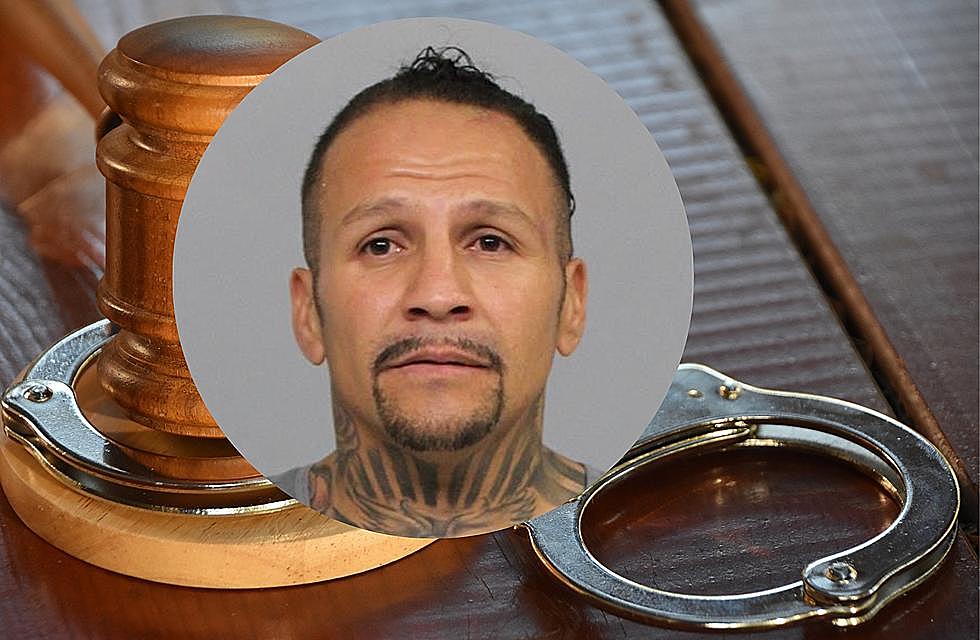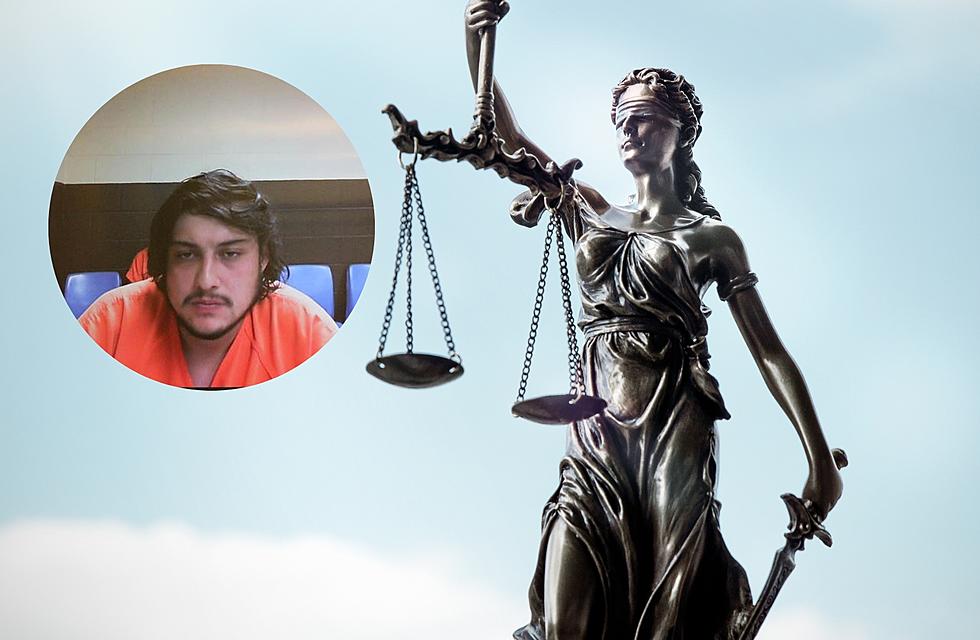
Tony Cercy Appeals Sexual Assault Conviction to Wyoming Supreme Court
Former Casper businessman Tony Cercy, serving a six- to eight-year prison term, will appeal his conviction of third-degree sexual assault to the Wyoming Supreme Court.
The appeal was docketed and given a case number Wednesday, according to Wyoming Supreme Court records.
The high court also sent a letter to Cercy's attorney Ian Sandefer of Casper that the Natrona County District Court has notified it that the records are complete for appeal.
The docket does not include any pleadings about the appeal.
The letter to Sandefer, however, says he has 45 days to file his initial brief, and the appellee -- the Wyoming Attorney General's Office -- has 45 days to respond after that.
This marks the fourth appeal by Cercy to the Wyoming Supreme Court in the long-running case that began in June 2017, when he sexually assaulted a then 20-year-old woman at his former house at Alcova Lake.
Cercy, who grew and sold Power Service in Mills, was initially charged with first-, second- and third-degree sexual assault.
In a trial in Natrona County District Court in February 2018, a jury acquitted him of the first- and second-degree counts. The jury deadlocked on the third-degree count and Judge Daniel Forgey declared a mistrial.
The victim asked then-District Attorney Mike Blonigen to refile the third-degree charge.
Forgey granted the defense's request to move the trial from Natrona County on the grounds that Cercy could not get a fair trial here.
The judge moved the trial to Hot Springs County Court in Thermopolis.
In November, a jury convicted him of the third-degree count.
In February, Forgey sentenced him to a six- to eight-year prison term.
In March, the Wyoming Supreme Court denied Cercy's request to be released on bond pending the results of his appeal.
In the current notice of appeal, the Supreme Court's docket did not have any documents discussing the nature of the appeal.
However, Cercy's attorneys have argued in past appeals that the February 2018 acquittal on the first- and second-degree counts effectively acquitted him of the third-degree count.
As such, the retrial on the third-degree count violated his Fifth Amendment right to not be tried twice for the same crime, otherwise known as double jeopardy.
More From K2 Radio









